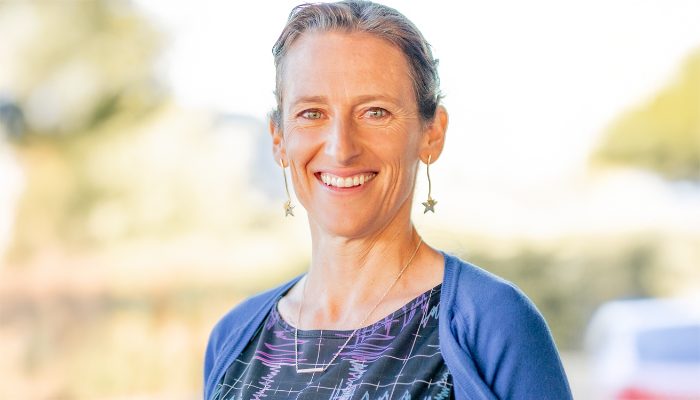Effective January 2019, Professor Baker will succeed pioneering physician-scientist Gilbert (Gil) Omenn from the University of Michigan, USA who led this emerging global collaborative project since launch in 2010.
The Human Proteome Project brings together an impressive array of research teams from around the globe, focused on achieving highly-confident detection and identification of all the expressed proteins that are predicted to be coded by the human genome. The Human Proteome Project then aims to characterise the proteome’s sequence, splice and chemical modifications that alter locations, function and interaction. The Human Proteome Project is cooperating with the broader scientific community to annotate biological, chemical, cellular and disease aspects of the human proteome using rapidly-evolving technologies.
One outcome will be a comprehensive “map” of protein pathways and networks that will demonstrate the indispensable role our proteomes play in precision medicine – because we know it is impossible to predict these dynamic, structural and functional details of biology just by sequencing our genomes.
Sustained progress through the Human Proteome Project will noticeably enhance our understanding of human biology at the molecular level, lay solid foundations for monitoring health and the development of new preventive, diagnostic, prognostic and therapeutic interventions in disease, and increase our biological understanding of what it means to be human.



